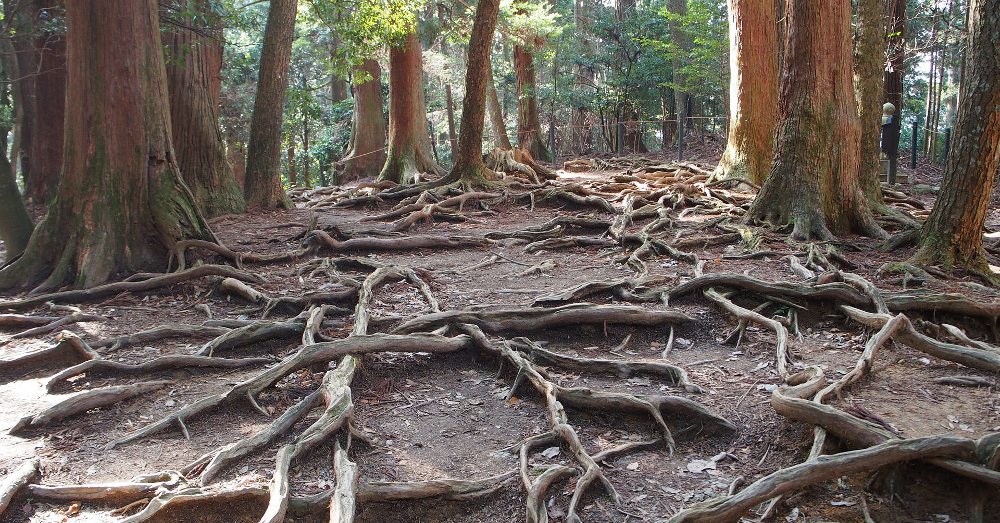Recognizing Our Roots in the Earth
Author: Alice Cunningham | Published: November 29, 2019
What’s your connection to the earth? I ask because many who pride themselves on eating sustainably, living lightly on the planet and being mindful in their lifestyle choices are taking important steps to reduce their impact on the planet. You may be among them.
These are choices that make sense and, if taken together, can be very beneficial, having an immense and positive impact on climate, air and water quality, and resource use. These actions drive a deeper understanding of and connection to the planet, but just how connected to the earth are you? By the earth, I’m not speaking metaphorically of the planet, but rather the actual earth under your feet.
Put simply: do you see the value of the soil?
This Tuesday, December 5th, is World Soil Day. The theme this year is “Caring for the planet starts from the ground.” That’s more than a clever pun – it’s a literal fact.
World Soil Day’s activities and programs have been established by the United Nations’ Food and Agriculture Organization to communicate the importance of soil quality to food security, healthy ecosystems and human well-being. World Soil Day emerged in 2012 as an organic expression of the critical importance of soil to nations around the world; it was quickly officially adopted by the UN in 2014, a testament to the urgent need to protect the planet’s soil. Soil is so important that it’s part of the United Nation’s mission.
But, soil itself is too often taken for granted. True, it’s underfoot and not often thought about. But, soil isn’t dirt, even though it gets treated that way.
Members of the public don’t think about soil at all. It isn’t recognized as the source of all life, but it is that exactly – the point of origin from which everything terrestrial grows, the incubator that gives birth to all the nutrients, vitamins and minerals that we need – not merely to survive, but to thrive.
Our life is literally based on the soil. A staggering 95% of the food we eat is grown in soil, but 33% of our soil globally has already been degraded. Critically, soil isn’t a renewable resource: it takes centuries to create an inch of topsoil. That’s approximately 1,000 years for an inch of healthy soil to develop, complete with strong levels of organic matter, nutrients, fungi and more. That’s 1,000 years of nature’s bounty that we can destroy in just a couple of growing seasons.
That’s why it’s so critical that we take care of the soil. And yet – in prevailing models of industrial agriculture, soil is viewed differently. Inappropriate management, population pressure driving unsustainable intensification, and inadequate governance means that soil is constantly under pressure.

